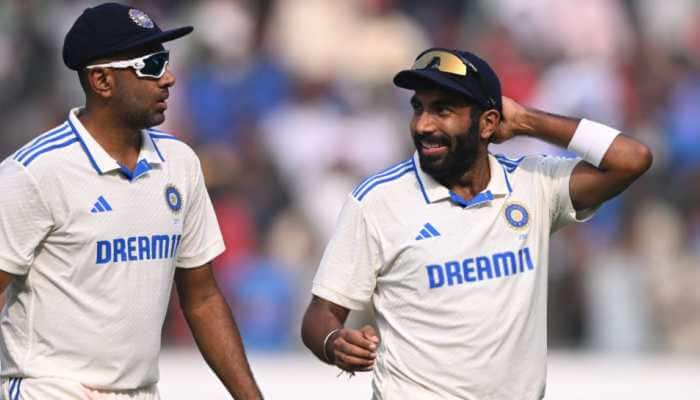Consultation paper issued is not on net neutrality: TRAI
Telecom regulator TRAI on Friday said the consultation paper it has issued this week is not on net neutrality but seeks views of stakeholders on a specific matter of differential pricing for data services being offered by operators.
Trending Photos
)
New Delhi: Telecom regulator TRAI on Friday said the consultation paper it has issued this week is not on net neutrality but seeks views of stakeholders on a specific matter of differential pricing for data services being offered by operators.
Differential pricing however is seen by some as part of the overall debate on net neutrality, a principle which is against any priority being accorded to an entity in Internet traffic flow on account of payments made to service providers like telecom companies.
"We are saying that it is a specific issue which we have raised, that may be a part of net neutrality... This is a specific problem which has come to the notice of TRAI and we are consulting the stakeholders as to what their views are," TRAI Chairman RS Sharma said at an event here.
Amid debate over zero-rating plans and telecom firms offering discounted tariffs for accessing certain websites, TRAI on Wednesday came out with a consultation paper seeking views if such differential pricing should be allowed.
When asked why is TRAI issuing papers on net neutrality in parts, Sharma said the regulatory had not issued any paper on net neutrality as such.
He said there are examples which have happened in the recent past where content providers and telecom service providers (TSPs) have tied-up, and it is being proposed that if their content goes via the telecom companies' pipes or networks, then there will be free or near free data charges.
"Effectively what has happened is that telecom companies in a way are creating a differential pricing regime for different websites, so that is the question which we have asked in the consultation paper whether it is appropriate or not," Sharma said.
Earlier, TRAI had issued a paper on over-the-top (OTT) players and if they should be regulated for providing competing services like telecom operators.
Stay informed on all the latest news, real-time breaking news updates, and follow all the important headlines in india news and world News on Zee News.
Live Tv







)
)
)
)
)
)
)
)
)
)
